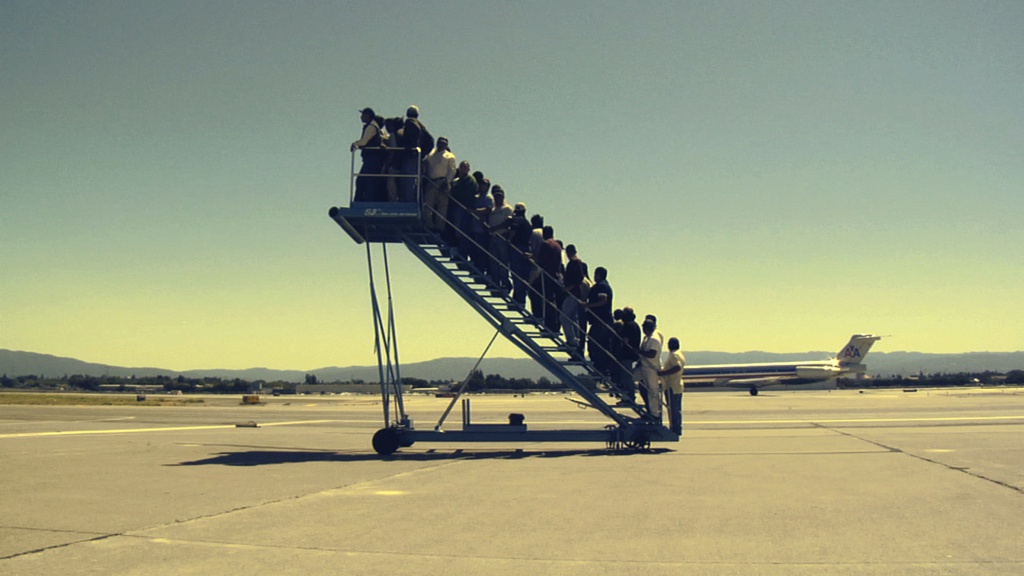Commentary
The Fear Market
Politicians claim to be fighting terrorism, but they’re using the terrorists to justify their wars and restrict our freedoms.

They want us to live with fear. They want to influence our daily lives. They want to limit our freedom. We all agree this is not a secondary, but I would say the central desired effect of terrorism.
Those who put bombs in a stadium, who blow themselves up in a bar, who act like snipers in a concert hall picking off girls and boys one after the other — they intend to tell us: “We want you to live in fear, and we are able to strike where and when we want.” Understanding this is fundamental.
But terror diffuses and invades us also through information. The media are certainly responsible for this ‘side effect’ in the way they choose to interpret the facts, actors, circumstances and context.
So if a plane is brought down by terrorists, killing 200 victims in Sinai, and the media devote less attention to it, it remains a memory and nothing else. But if authorities search for a bomb at the stadium in Hannover, Germany, television networks go on high alert, and the story lands on front pages of newspapers declaring not what happened but what could have happened. It becomes more than a memory, but a threat.
Fear, we know, is a valuable commodity in the political market. We Italians learned that during the Years of Lead, when there were bombs in the streets, at stations, on trains, and the Red Brigades, who killed like assassins.
But if the media are responsible for their choices (the headline “Islamic Bastards” of the Italian Libero newspaper is barbaric), we must also ask whether their sources behave responsibly.
Why did French Prime Minister Manuel Valls announce Thursday the danger of a chemical weapons attack? He issued the warning as he asked parliament to extend and strengthen the state of emergency, as if to silence any opposition to the request to wear a tricolore helmet.
He can build political consensus for exceptional measures, special laws and changing the constitution by throwing chemical and biological weapons on the table. “There is the risk that terrorists will use them,” Valls warned. “We should not rule anything out, I say with all necessary precautions.”
Maybe if he hadn’t restrained himself with “precautions” he would have detailed the “risk” of an atomic bomb hidden in the banlieue.
Perhaps the pope is correct in saying that “this world … lives for war, and cynically says not to make it.” Nor was he wrong when he said, “War is the right choice for him who would serve wealth: ‘Let us build weapons, so that the economy will right itself a bit.’”
Speaking from the pulpit, this homily and his denouncement of these anathema as “cursed, they are cursed” resounded during the mass at the Domus Santa Marta.
Now it’s up to us lay people to react, with equal force, against those who, while claiming to fight the terrorists, are using them to fuel their war and restrict freedoms.
And we will do that early on Nov. 21 in the streets of Rome, together with the Italian Federation of Employees and Metalworkers (Fiom), grassroots groups and many representatives of the Muslim world.
Originally published at http://ilmanifesto.info/al-mercato-della-paura/ on 2015-11-20
